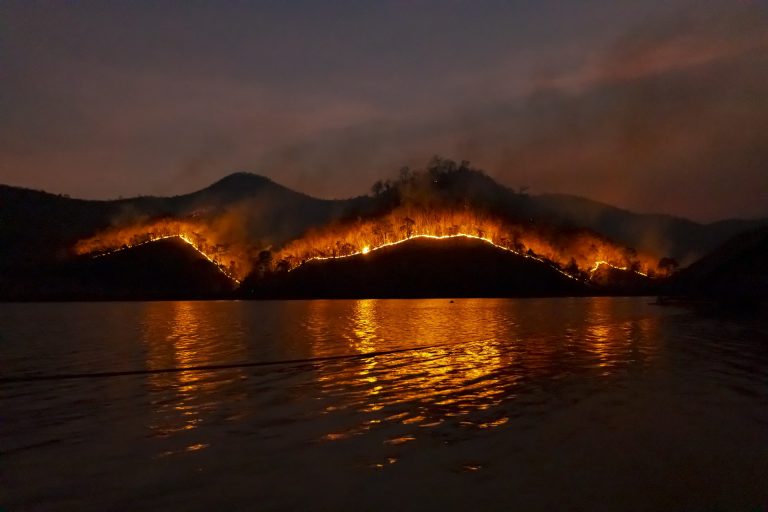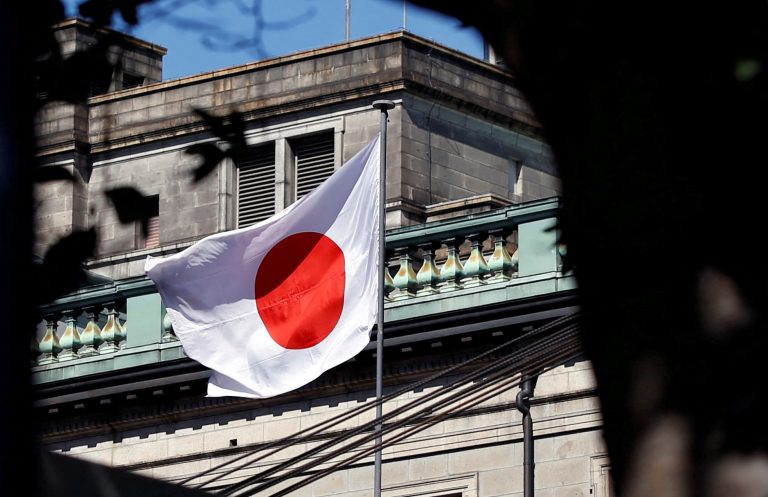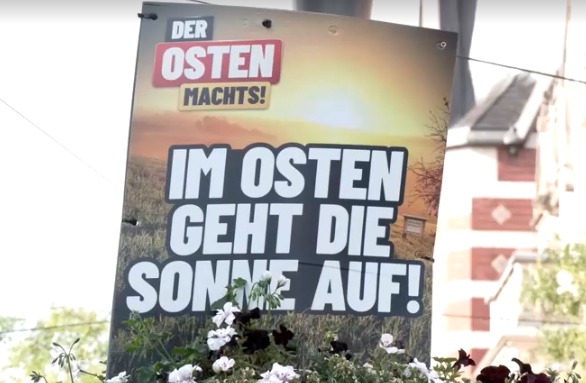“Yakutia is a home of a lot of indigenous siberian people in Russia. It’s the biggest region of Russia and it’s on fire. the government doesn’t do anything about it. The smoke is so high that people can’t breathe even in their houses. #saveyakutia” @evrkth
The Siberian region of Yakutia is being scorched as wildfires ravage the region. The fires have flared across Russia in the midst of a heatwave, with Yakutia being the worst affected. Almost 83.4 percent of Yakutia territory, known as the coldest city on earth is covered by forests that span 265.1 million hectares. Arctic fires are usually allowed to burn out and this approach seems to have been the initial response to the fires by the Russian Government. But the nature and severity of the fires are increasing year on year and the current Arctic fire in Yakutia is the worst to date.
Last year’s wildfires burned down more than six million hectares in Yakutia. This year’s wildfires have already affected over 1.5 million hectares. According to the region’s environment and forest ministry, 123 fires were raging as of July 19 over an area spanning more than 885,000 hectares, which is about the size of the U.S. state of New Hampshire. Around 2,000 firefighters are working in the area while planes have been deployed to seed clouds and bring down some much-needed rain.
Fires have disrupted traffic via the Lena River and the operations at Yakutia’s main airport. A hydroelectric power plant is said to be at risk due to the fires. Officials have asked people to stay indoors and keep the windows down. In some areas, locals have stayed back to fight against the fires while sending their children away to other places.
“For a month already you can’t see anything through the smoke… We have already sent the small children away. And the fires are very close, just 2km [1.2 miles] from our village… Emergency workers have come and villagers are also fighting the fires but they can’t put them out, they can’t stop them… Everything is on fire,” Varvara, 63-year-old pensioner from Teryut, a village in the Oymyakonsky district, told The Guardian.
Success
You are now signed up for our newsletter
Success
Check your email to complete sign up
The current heatwave in Russia is believed to have worsened the problem. On July 13, Defence Minister Sergei Shoigu said during a meeting that the fire risk had “seriously flared up” due to the “abnormal heatwave.” Officials are calling this summer’s weather the driest in the past 150 years. The previous five summers were also hot, which is believed to have increased the vulnerability of the fields and forests to fires.
On June 13, Moscow recorded a temperature of 33.1 degrees Celsius, which is the highest ever temperature for June 13 in over eighty years. In Yakutia’s capital Yakutsk, temperatures hit 35 degrees Celsius at one point.
“The temperature is really high, 8-10 degrees higher than the norm. It’s really unusual for the temperature to be over 30 degrees towards the north,” the state weather forecast agency’s head of science said at the briefing.
Pollution and carbon emissions off the charts
Massive amount of smoke being released by the wildfires into the atmosphere is creating pollution issues. In 2019 and 2020, Yakutia’s wildfires pumped out record amounts of greenhouse gases. In the last six weeks, around 150 megatons of CO2 equivalent have been released. According to Mark Parrington, senior scientist at the Copernicus Atmosphere Monitoring Service (CAMS), this is almost equal to the fossil fuel emission of Venezuela in 2017.
On July 20, air quality monitors at Yakutsk measured PM2.5 levels at 395 micrograms a cubic meter. PM2.5 refers to small particles that can enter the bloodstream and damage organs.
At 395 micrograms, the PM2.5 level is in the category of “airpocalypse,” meaning that the air quality has “immediate and heavy effects on everybody.” In recent days, PM2.5 has been recorded at even beyond 1,000 micrograms, which is 40 times more than the recommended safety level mentioned by the World Health Organization (WHO).
“People are literally suffocating because the smoke pollution level is so high (more than 1300 AQI) that they need to wear wet masks in their homes. my friends, my relatives are there. I worry about them,” tweeted a Russian user.
The wildfires have also raised concerns about peatlands and permafrost thawing which might end up releasing even more carbon stored under the frozen ground. According to Nasa, “most of the carbon emissions from Arctic fires come from burned organic soil rather than burned trees and shrubs.”
“Current wildfires in Yakutia, Russia’s coldest region will reignite/set on fire large deposits of peat & young charcoal. As we saw it last winter, one of such peat deposits ignited by last summer’s wildfire didn’t stop burning after a long rainy autumn & the extremely cold winter,” tweeted The Siberian Times.
Government criticized
Some netizens have harshly criticized the Russian government for its failure to deal with the wildfires. @geneslovee tweeted their frustration with the Russian Government pretending that people and animals were managing to cope with the pollution. The user alleged that the resources of their land, which includes oil, gas, precious metals, and diamonds, are taken away and that the money is being sent to “Central Asia, or China, or the pockets of oligarchs.” The people of the lands “aren’t taken care of.”
Another Russian from the affected region tweeted that they “can’t breathe and sleep” due to the hazardous pollution in the air because the “Russian government lie about the fires in Yakutia. You allowed my home to be burned down for illegal extraction of wood and keep exploiting land of indigenous people to obtain yakutian diamonds and other valuable metals and gems.”
“One interesting dynamic behind recent environmental disasters (wildfires, diesel spill) is how officials are happy to point finger at global climate change while many locals point to negligence, corruption, poor risk management,” tweeted Andrew Roth, Moscow correspondent for The Guardian; some celebrities and media pointed at climate change as being the sole reason for the disaster.







